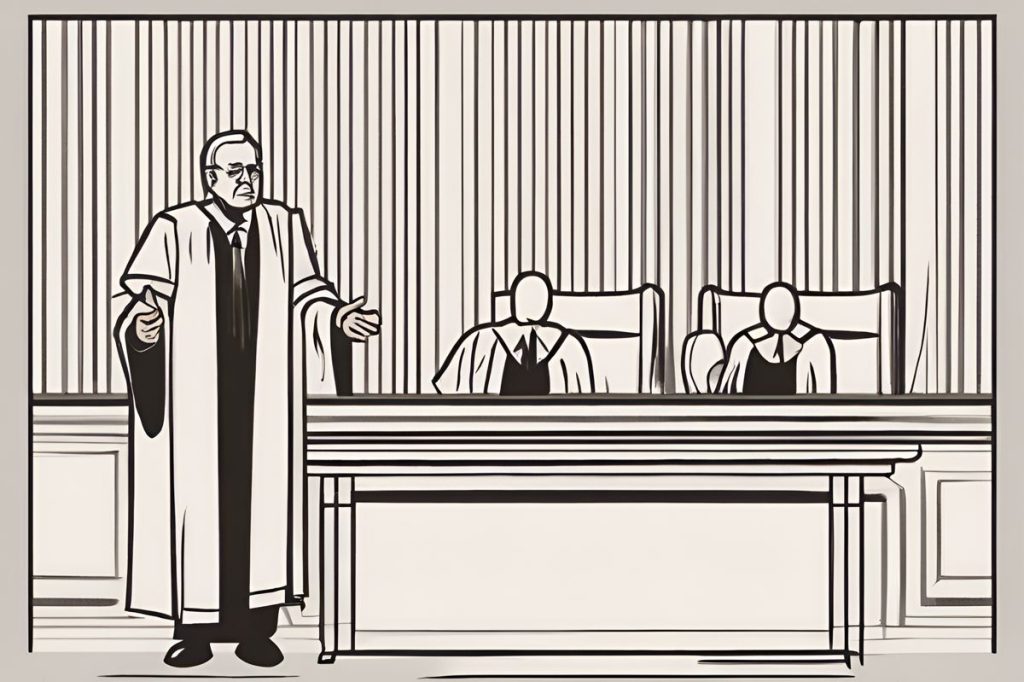In a pivotal decision, the Limassol district court dismissed four lawsuits over the 2013 Laiki Bank haircut in Cyprus, ruling in favor of the Central Bank and the Republic of Cyprus, and rejecting claims of negligence. This landmark ruling may have lasting implications for future cases related to the country’s financial crisis.
What was the outcome of the lawsuits over the 2013 Laiki Bank haircut in Cyprus?
The district court in Limassol dismissed four lawsuits related to the 2013 Laiki Bank haircut, ruling in favor of the Central Bank and the Republic of Cyprus. The plaintiffs’ claims for losses incurred during the bank restructuring were rejected, with the court finding no evidence of negligence by officials. This decision may set a precedent for future related cases.
A Legal Resolution
In a landmark decision, the district court in Limassol ruled against the plaintiffs in four lawsuits related to the financial turmoil of 2013. The cases were brought against the defunct Laiki Bank, the Central Bank, and the Republic of Cyprus. The plaintiffs sought redress for substantial losses incurred during what is commonly referred to as the ‘haircut’ of bank deposits. They argued that negligent actions, or lack thereof, by the defendants catalyzed the devaluation of their assets.
In a detailed response, the legal service articulated that no evidence supported claims that officials had or should have foreseen the consequences of their actions leading to the restructuring. The court emphasized that the plaintiffs’ situation would not have been more favorable had Laiki Bank entered liquidation.
The Undertones of Justice
The court also addressed the plaintiffs’ contention that the restructuring breached constitutional and human rights. It asserted these claims were unsubstantiated. This ruling aligns with earlier legal opinions which underscore the unique and desperate financial circumstances facing Cyprus in 2013.
Those circumstances prompted emergency responses, such as the controversial haircut, aimed at preserving the larger financial system’s integrity. The court sided with these necessities, dismissing the lawsuits and ruling in favor of the Republic and other defendants.
The Ripple Effect
This case ties back to the wider European debt crisis, where Cyprus became the fifth country to receive financial aid from the European Union and International Monetary Fund. The bailout was contingent on Cyprus raising significant capital, which led to the restructuring measures including the haircut. This affected many depositors, both large and small.
The repercussions of this decision still echo within the Cypriot community and the financial sector. Trust in banking institutions was eroded, and the landscape of financial services has undergone considerable changes to prevent a recurrence of such a crisis.
Looking Ahead
The court’s ruling may set a precedent for related cases and offers closure on a contentious chapter in Cyprus’s financial history. It also signifies the legal system’s role in interpreting complex financial regulations and events amidst extraordinary economic challenges.
The decision, while final, leaves a legacy of lessons regarding crisis management, legal accountability, and the delicate balance between protecting citizens’ rights and safeguarding the nation’s economic stability.
What was the outcome of the lawsuits over the 2013 Laiki Bank haircut in Cyprus?
The Limassol district court dismissed four lawsuits related to the 2013 Laiki Bank haircut, ruling in favor of the Central Bank and the Republic of Cyprus. The claims for losses incurred during the bank restructuring were rejected, with the court finding no evidence of negligence by officials. This landmark ruling may have lasting implications for future cases related to the country’s financial crisis.
What were the plaintiffs seeking redress for in the lawsuits related to the 2013 Laiki Bank haircut?
The plaintiffs sought redress for substantial losses incurred during the bank restructuring, commonly referred to as the ‘haircut’ of bank deposits. They argued that negligent actions, or lack thereof, by the defendants catalyzed the devaluation of their assets. However, the court found no evidence to support these claims.
What were some of the legal arguments raised by the plaintiffs in the lawsuits?
The plaintiffs raised legal arguments suggesting that the restructuring breached constitutional and human rights. They contended that officials should have foreseen the consequences of their actions and that the restructuring was unjust. However, the court found these claims to be unsubstantiated, aligning with earlier legal opinions on the unique financial circumstances faced by Cyprus in 2013.
What are the wider implications of the court’s ruling on the lawsuits over the 2013 Laiki Bank haircut?
The court’s ruling may set a precedent for related cases and offers closure on a contentious chapter in Cyprus’s financial history. It also signifies the legal system’s role in interpreting complex financial regulations and events amidst extraordinary economic challenges. The decision leaves a legacy of lessons regarding crisis management, legal accountability, and the delicate balance between protecting citizens’ rights and safeguarding economic stability.

